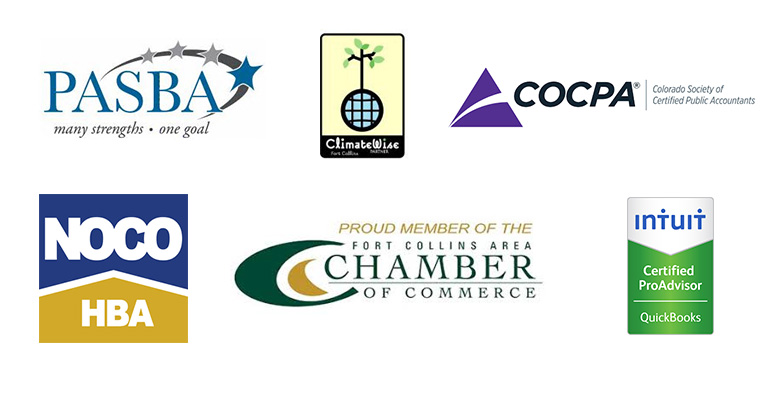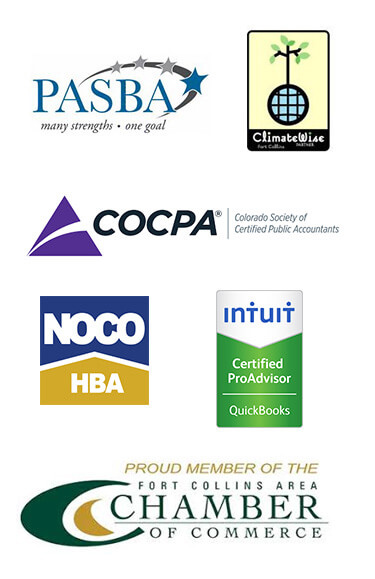Starting a new business is a daunting task. One of the most difficult aspects of the process is not necessarily securing funding, or writing a quality business plan, but the actual legal financial obligations required by law for taxation.
This is why it is important to secure the services of a Fort Collins CPA, especially when it comes to small business accounting. Just as you are preparing to create a business, one in which you either have the skills, tools, or products that you have specific and thorough experience with, you likewise need to rely on a certified public accountant who has the skills, tools, and products to help.
You probably don’t even know what these requirements entail, but your Fort Collins CPA does.
Laws vary by state, and when it comes to annual taxation and obligations, there are changes in the tax laws and codes each year. Your certified public accountant will not only help you with filing and obtaining all the necessary paperwork for the startup of your business but can keep you appraised of annual legal changes or other financial matters that will require additional filing or some which provide an opportunity for you to either tap into specific funds or qualify for special tax breaks or incentives.
The goal of any business is to make a profit. Your certified public accountant will insure that your business is properly set up legally to be prepared for state and federal expenses, taxes, and other legally required expenses. She can also steer you to incentive programs, and help you create a financial business plan that will help you budget and determine the scale of your start-up.
This is especially true for small business accounting. A small business is always fraught with some risk, and a common downfall is simply not having a quality budgeting plan for paying taxes and meeting other fiscal legal requirements. To make sure that taxes are not going to be your downfall, prepare. This is best affected by the guidance and services of your Fort Collins CPA. By having the government taken care of, via your certified public accountant, you can focus on the business itself, and not worry or spend too much time and too many resources trying to figure out all the fiscal obligations yourself.
One of the first things your certified public accountant will help you do is determine the legal structure of your business. The options include:
- Sole proprietorship
- Partnership
- Limited Liability Company (LLC)
- S Corporation
- Nonprofit
- No-operative
Each legal structure has different advantages and disadvantages. Your certified public accountant can detail each option, and guide you as to which one will best suit your small business, then get started on the paperwork.
From here, you will need to get an EIN (employer ID number.) Also known as your federal tax identification number, your EIN will be used by the federal government to identify your business. The IRS allows you to apply for your EIN online, and your Fort Collins CPA can do this for you.
Next will come determining your federal tax obligations. This will be decided by which legal structure you register your business. Your business entity type will determine which income and other taxes you will be required to file. The federal government levies four basic types of business taxes:
- Income tax
- Self-employment tax
- Taxes for employers
- Excise taxes
Then we come to state requirements. You will need to register your business with the state to obtain a tax ID number, as well as be recognized by your state for issues like worker’s compensation, unemployment, and disability insurance. Additionally, your tax ID filing will determine your tax obligations to the state in which you have your business. If your small business will be located in more than one state, each respective state will have different requirements.
Each state and locality will have its own tax laws. These generally involve income taxes and employment taxes, as well as a state income tax.
Every state requires any business with any employee, or employees, to pay certain taxes. this includes filing specific paperwork. Even if you subcontract work, rather than employ individuals directly, you will be required to fill out documentation and file it with your state.
For all of your small business accounting, start the process right to insure success: Hire your Fort Collins CPA to get you set up and running when it comes to your legal financial responsibilities and requirements.




